Actually, Pokémon Go isn't really a Nintendo game
But it's still great news for Nintendo.
Nintendo shares have risen in value by over 50 per cent since the launch of the smartphone phenomenon Pokémon Go. Small wonder when you consider that the app is the most popular mobile game in the US ever in terms of daily active users, raking in millions of dollars a day, and taking down social network titans like Tinder and Twitter in terms of engagement. One small detail though, which most mainstream media coverage (and a good deal of specialist coverage too) either ignores or glosses over: Pokémon Go isn't actually a Nintendo game.
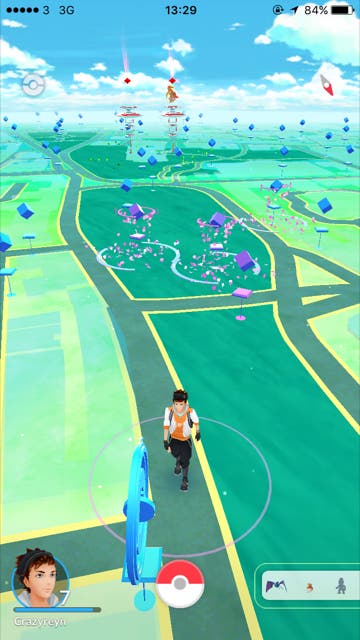
Fire it up now. Notice how you never see a Nintendo logo? This game wasn't published by Nintendo, it wasn't made by Nintendo, and it's not connected to Nintendo's own push into mobile gaming, which launched with Miitomo earlier this year.
But the markets aren't that stupid, and the situation isn't that simple. Nintendo stands to gain plenty from Pokémon Go's wild success - both directly and indirectly.
The first question: if Nintendo didn't make it, who did? The developer, of course, is Niantic, makers of the augmented reality game Ingress on which the technology and design of Pokémon Go is based, formerly an internal start-up at Google. The publisher is The Pokémon Company, which was formed in 1998 to licence, manage and market the Pokémon brand.
So why isn't it Pokémon Company shares that are ballooning in value? Because there are none on the markets. It's a privately held company - and a third of it is owned by Nintendo. The Pokémon Company was formed as a joint venture by three copyright holders: Nintendo, the publisher, on whose platforms the games exclusively appeared; Game Freak, originator and developer of all the mainline Pokémon video games; and Creatures, which takes care of the trading card game and some toy production.
That's not a long paper-trail for investors to follow, so it's easy to see why they would rush to snap up Nintendo stock. As part-owner of The Pokémon Company, it will be a direct beneficiary of all those PokéCoins flowing in - or out, I guess. Game Freak and Creatures are privately held too, so Nintendo is investors' only option. (Exactly how much Nintendo's bottom line will benefit is something analysts are still scratching their heads over, according to The Wall Street Journal.) But those who look deeper will find plenty of reasons to believe Nintendo is less remote from Pokémon Go's success than first appears - and will enjoy many side benefits from it too.
In fact, Nintendo's fingerprints are all over the game. Announcing it in November last year, Pokémon Company CEO Tsunekazu Ishihara named Nintendo as a "partner" in the project, without specifying what that meant - although Ishihara did note, poignantly, that he had been discussing it for two years with the late Nintendo president Satoru Iwata. (It's said that Iwata was involved in the 2014 April Fools stunt that hid Pokémon throughout Google Maps and seeded the idea for the game in the mind of Google Earth impresario and Niantic CEO John Hanke.) Later in that unveiling, famed Nintendo designer Shigeru Miyamoto appeared onstage to talk about the Pokémon Go Plus bluetooth accessory. It's also worth noting that Nintendo, along with The Pokémon Company and Google, invested $20-30m in Niantic last year. When is a Nintendo game not a Nintendo game? When it's Pokémon Go.
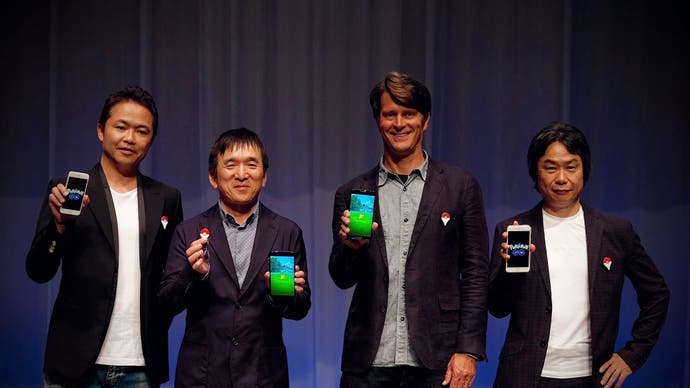
Whatever its level of involvement, it's hard to find anything but upside for Nintendo in the Pokémon Go story. Its brand association with Pokémon, built over two decades, is very deep, as attested by the general readiness to credit the company with its success. So the cute pocket monsters being catapulted back to the forefront of the public consciousness can only reflect well on it. And the new sensation will presumably boost sales of the Nintendo-published 3DS games Pokémon Sun and Moon later this year.
But those investors will really be looking at Pokémon Go as an augury of Nintendo's foray into mobile gaming - something they have long pressed for, in the face of the company's declining console business, and on which the jury is still out after test case Miitomo quickly fizzled. As such, for Nintendo, Pokémon Go is a gift from the gods.
It's the first example of a traditional gaming property of long standing making the leap on to mobile with all its popularity and cachet intact (amplified, if anything). Its exploitation of a swell of nostalgia for Pokémon among twentysomethings is perfectly timed. That bodes very well for Mario and Zelda down the line, especially given the naturally huge overlap in their audiences and Pokémon's. It also bodes well for less famous Nintendo properties; an Animal Crossing mobile game is due later this year, and its social dimension would seem to be as perfect a fit for phones as Pokémon is with geolocation. Even the much more niche Fire Emblem, also due to appear on mobiles this year, is likely to be perceived as a stablemate, and enjoy some glory by association. As partner and investor, Nintendo will presumably be able to gather a great deal of valuable lessons and hard data from this launch that can inform its own efforts. And you could even argue - justifiably, I think - that Pokémon Go is in the process of rehabilitating mobile gaming itself with a whole sector of gamers that had grown disenchanted with it, and who form a natural constituency for Nintendo's games. (People like the readers, and authors, of this website.)

There is one significant missed opportunity for Nintendo here. Because it didn't publish Pokémon Go, the game doesn't use the unified Nintendo Account system launched with Miitomo. It would have been a golden opportunity to harvest tens of millions of sign-ups. Even as the profits roll in via Nintendo's holdings in other companies, that will smart. It's also worth setting expectations. It's unlikely that Nintendo will be able to bottle this kind of lightning again on mobile for a long time, if ever; Pokémon Go is an unrepeatably perfect marriage of form and function, a game that hit at the perfect moment and spread with a speed and intensity absolutely no-one expected. It's a World of Warcraft, a Minecraft, a Candy Crush Saga - although time will tell if it can be as long-lived. Nintendo's own mobile games probably won't enjoy this level of success. But a substantial fraction of that success would be more than enough, and is a quite realistic expectation.
Regular readers will know that I have a rule: never underestimate Nintendo. The veteran games company has been counted out more times than I can remember, and every time it has bounced back with a new angle. A week ago, it was a relic with questions hanging over the fate of its next console. Now, it's standing in the wings of the biggest entertainment phenomenon of the year, counting its windfall, and readying its entrance.
Pokémon Go is out now in the UK. Check out our Pokémon Go guide for more info.
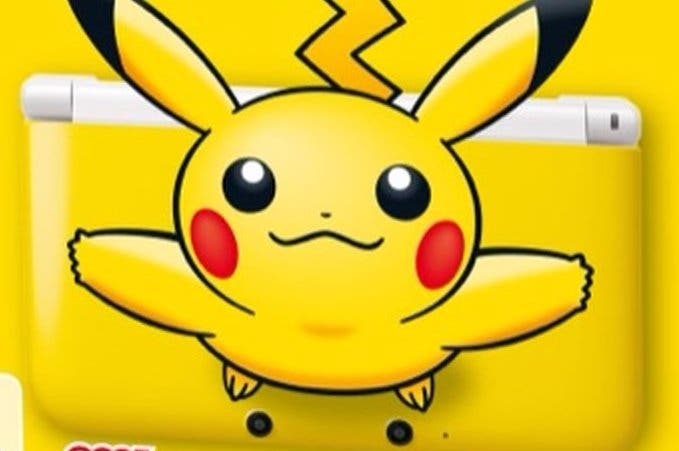

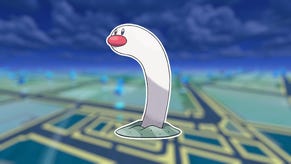
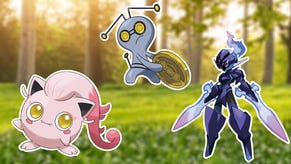
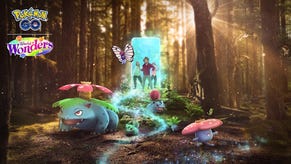
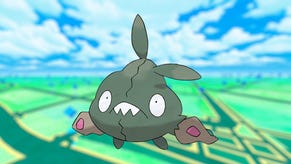

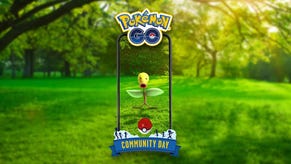
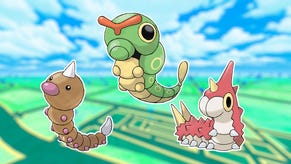

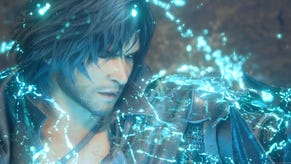

-3-31-23-screenshot.png?width=291&height=164&fit=crop&quality=80&format=jpg&auto=webp)




